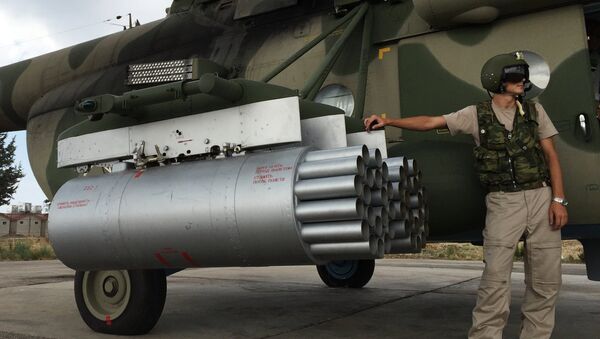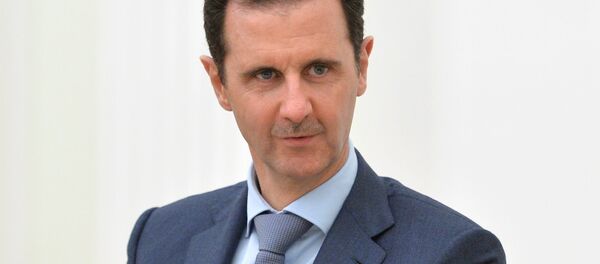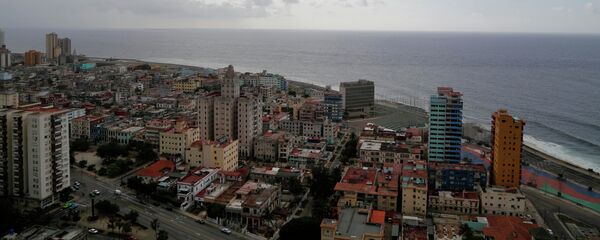WASHINGTON (Sputnik) — On Tuesday, Syrian President Bashar Assad made a surprise visit to Moscow, where he confirmed with Russian President Vladimir Putin that their joint military action against the ISIL and its allies in Syria was a precursor to taking further political steps.
"Yes, although I think this was just as true before [the Moscow meeting]," Naiman said in response to whether the United States and Russia could work together to achieve a compromise political solution in Syria.
A possible political solution is more likely to develop in pieces, not all at once, Naiman explained.
"I think that the US and Russia have a common interest in sealing the Turkey-Syria border against [ISIL]. I think that is a likely area of cooperation. I think they have a common interest in supporting UN efforts to achieve local ceasefires, a process that has already started," he stated.
Naiman suggested that the United States was already coordinating with the Syrian government quietly, through Iraq, and through direct military-to-military communication.
"I think that having another channel for coordination will be helpful. I think that a lot of communication happens that is not reported," he continued.
The United States, however, has denied allegations it is communicating or coordinating with the Syrian government.
The analyst also said he believed the Obama administration was already quietly communicating with Iran.
"I think that the US is already talking to Iran somewhat, but that it's easier for the US to coordinate with Russia than it’s for the US to coordinate with Iran. And obviously it is much easier for Israel to coordinate with Russia than to coordinate with Iran," Naiman said.
Russian President Vladimir Putin could soon become the middleman to reduce tensions between Shi’a Muslim Iran and Sunni Muslim Saudi Arabia, Naiman predicted.
"The big fault line is Saudi Arabia vs. Iran. It's much easier for the US to talk to Russia than it is for Saudi Arabia to talk to Iran. I think this where Russia could be particularly helpful," he pointed out.
Assad’s Moscow visit made two important statements, Professor Matthew Dal Santo of the University of Copenhagen told Sputnik.
The second message was that Moscow is looking to solve the Syrian crisis politically, Dal Santo noted.
"What Putin is inviting the United States to do is to negotiate. That's the best kind of constructive cooperation that could be hoped for," he pointed out.
On Thursday, President Putin stated that long-term settlement in the Middle East necessitates social, economic and political revival, but above all, ensuring that Syria as well as Iraq are freed from terrorists.
Regarding a political settlement in Syria, Putin stated that a military victory will not solve all the country’s problems, but will create the necessary conditions for the "main thing": the start of a political process.




